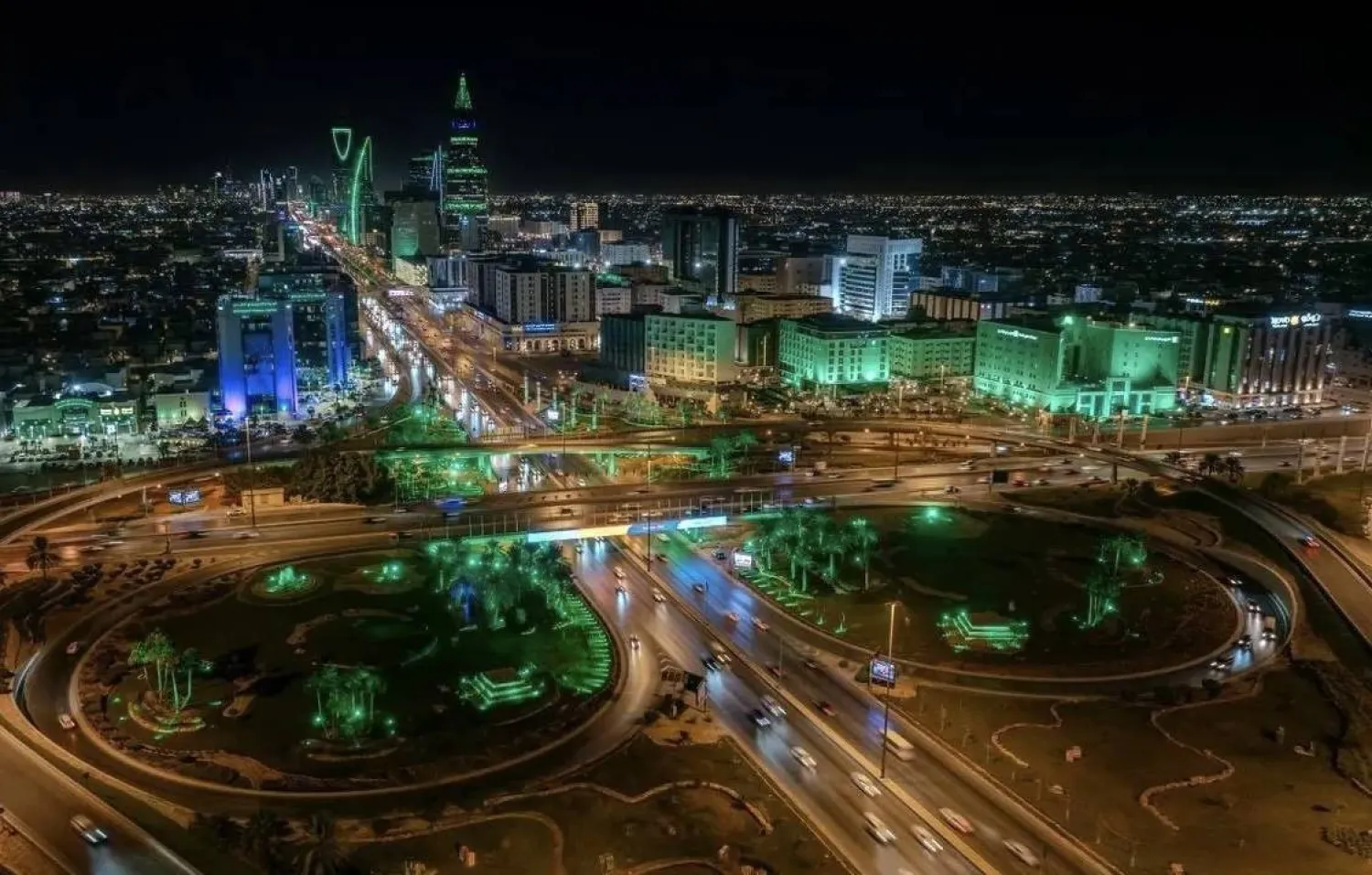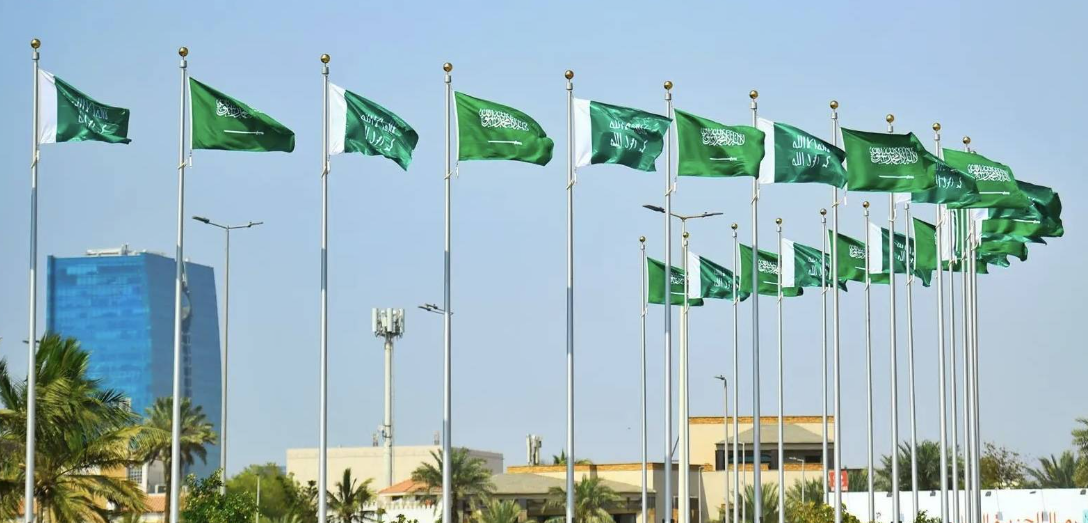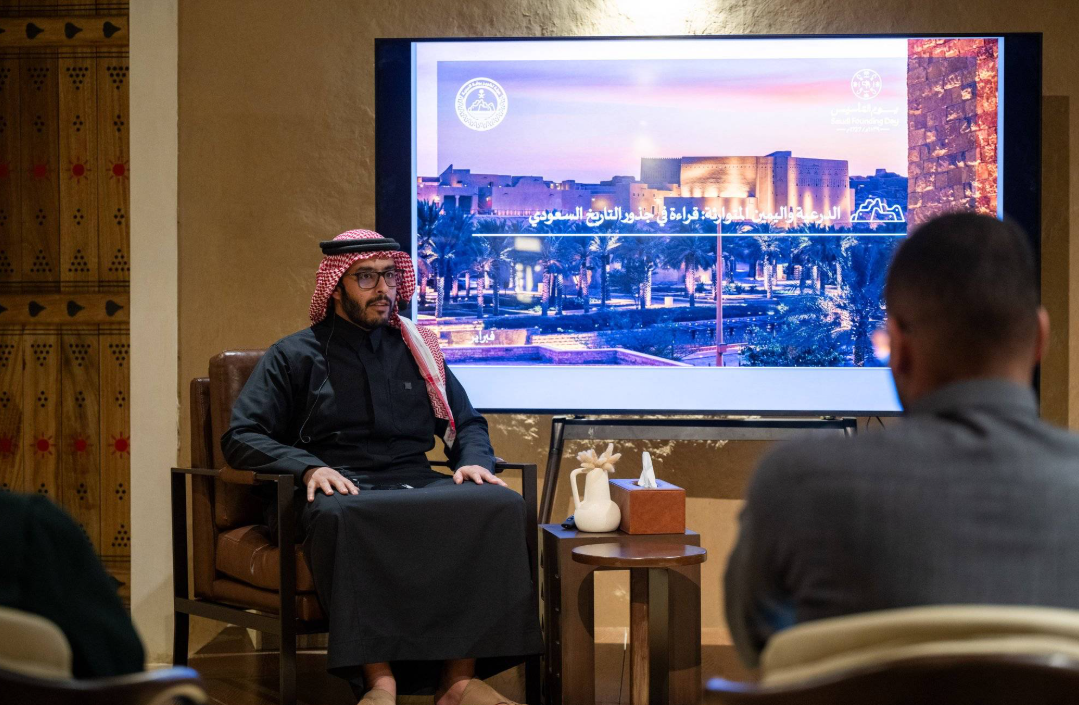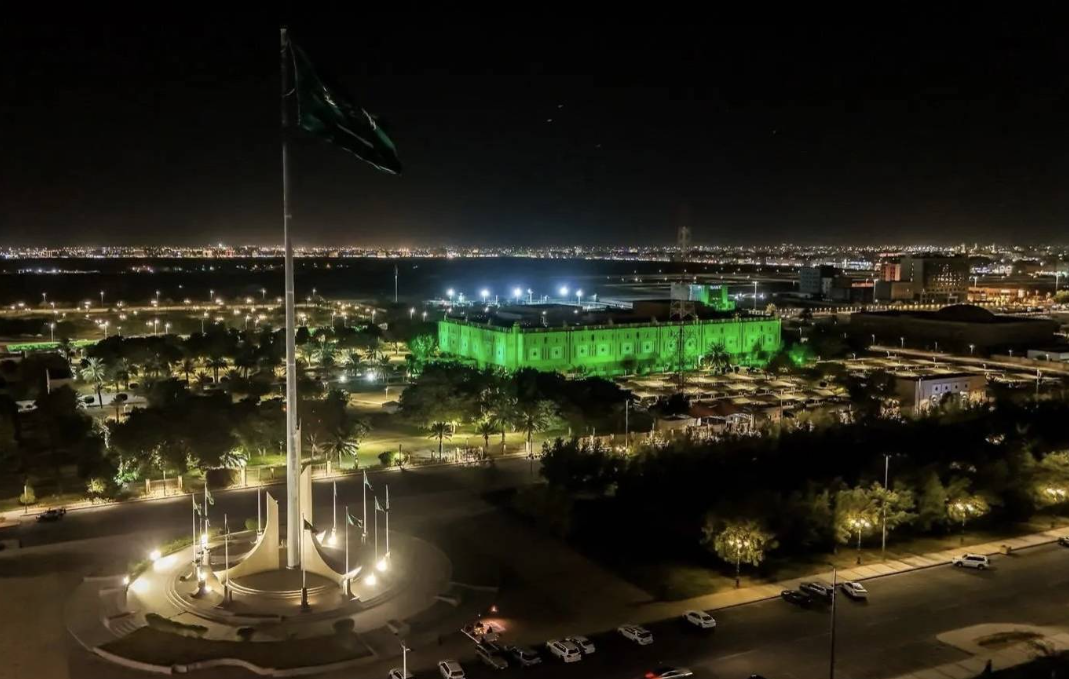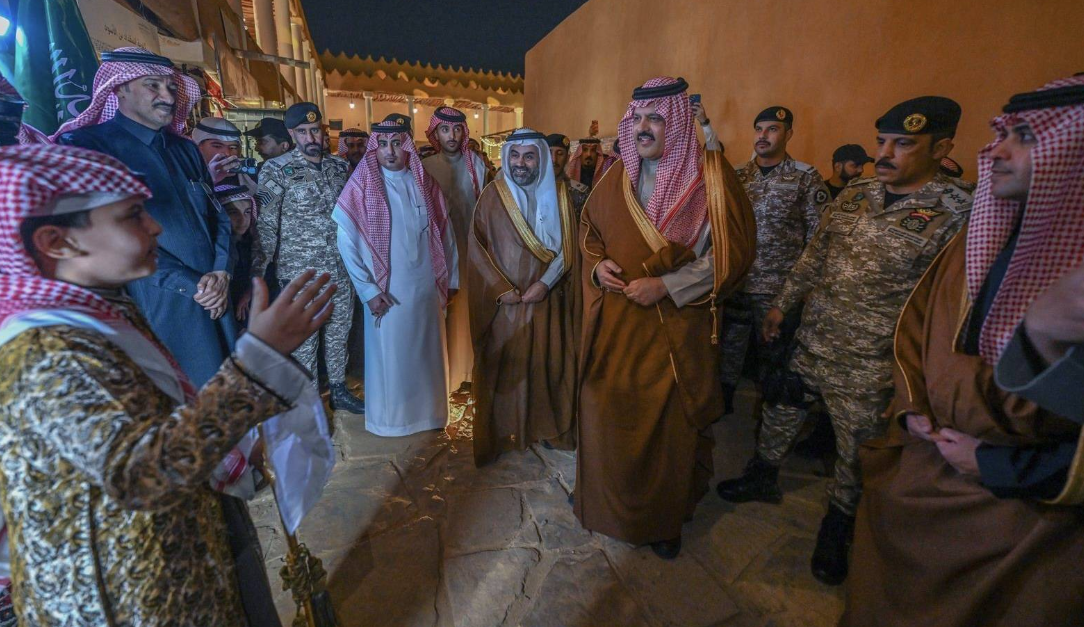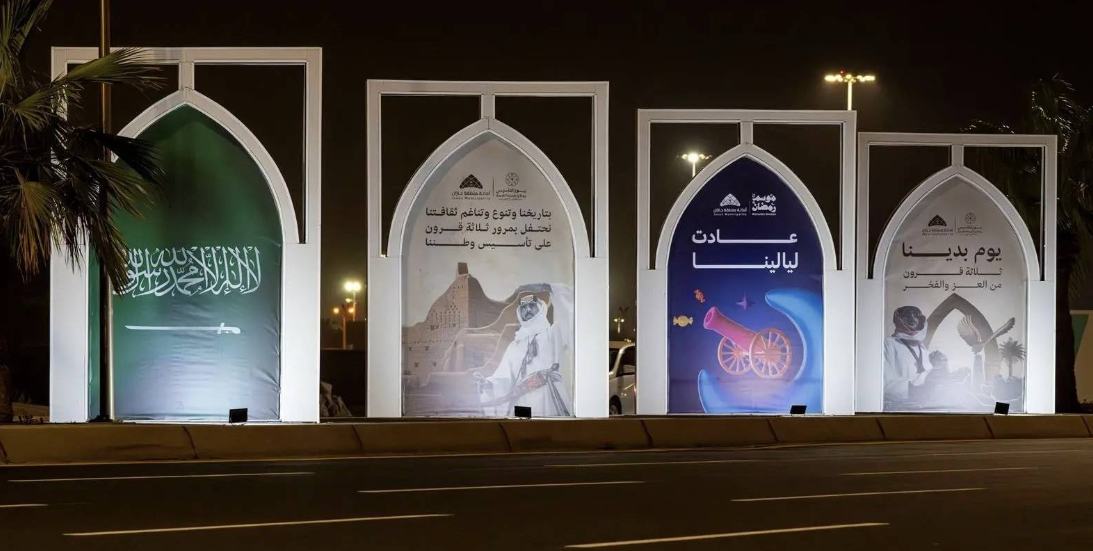A new book by Journalist Abdul-Sattar Ellaz, to be published soon by Dar Riyad Al-Rayes for Books and Publishing, recounts the details of the difficult period during which Tammam Salam assumed the premiership of the Lebanese government - the last under the tenure of President Michel Suleiman and which continued during the presidential vacuum that lasted two and a half years before the election of President Michel Aoun.
The book narrates the main obstacles that Salam faced during his tenure, during which he spent more than ten months seeking to form a government of “national interest,” and two years and ten months leading a government that assumed the responsibilities of the presidency with the failure to elect a new president.
Asharq Al-Awsat publishes excerpts from one of the book’s chapters entitled, “When We Make Our Brothers Enemies”, which touched on the difficulties that Salam’s government faced in the relations with Arab countries, due to Hezbollah’s role and its interference in the internal affairs of Gulf states, in addition to the positions of then-Foreign Minister Gebran Bassil, which were biased towards Iran.
Salam talks to journalist Ellaz about the difficulties he faced due to these interventions, and the negative role played by Hezbollah and the Free Patriotic Movement.
He says: “I am from a school that considers politics to be a noble act that has its moral obligations, such as integrity, transparency, and clean hands that must precede other requirements related to knowledge, experience, and administrative competence. I believe that the maneuvers, alliances, and deceptions that political action may involve must stop when they reach the level of harming the higher national interest.”
He continues: “Despite my knowledge of the corridors of Lebanese politics, which I accumulated over the years of experience in public work, I was shocked by the performance of these forces that surpassed all national ceilings and proscriptions for the sake of partisan interests.”
Asked by the journalist about more details, Salam says: “The Aounists in particular crossed all boundaries and used all means to reach their political goal that is General Michel Aoun assuming the presidency; even if this led to obstructing the state affairs at the expense of the citizens’ interests.”
The former premier went on to say: “They acted like a political militia, blocking the government’s path whenever they wanted, and freezing its work on various pretexts ... They hijacked the parliament and paralyzed its work…. In their battle, they used a rhetoric of sedition and all means of sectarian incitement.”
Salam stresses that had it not been for Hezbollah’s support to Aoun’s Free Patriotic Movement (FPM), the latter would not have been able to persist in the policy of obstruction.
“Of course, Hezbollah is also responsible… Here, I am not talking about his ministers, who were of tact and good performance, but about the general policy that the party followed with its ally in order to bring Michel Aoun to the presidency and the costs incurred by the country,” the former premier recounts.
He adds: “We must not forget that among these costs is the rupture in relations with the Arab world, which was caused by the party’s stances on Gulf states and the unilateral positions adopted by Foreign Minister Gebran Bassil in Arab forums.”
Ellaz writes that when Salam formed his government in February 2014, no one believed that its members - who come from different factions that have been in rivalry for years - would be a team with a unified vision, working in perfect harmony to get the country out of its problems.
According to the writer, the state of isolation that Lebanon has reached was undoubtedly the result of the policies that a local political group – Hezbollah - has pursued over the years along with its interference in the internal affairs of Gulf states.
He says that Salam tried many times to defuse the tensions that resulted from this provocative policy towards the Arabs. He faced many difficulties, but always “bet on the love of the Gulf brothers for our country, and on the warmth of their feelings towards us.”
Hezbollah was not the only party that angered the Gulf. Then-Foreign Minister Gebran Bassil declared, in some Arab forums, positions that did not satisfy them.
The Crisis with Bahrain and The UAE
At a meeting held in Cairo on January 16, 2015, the Arab foreign ministers adopted a declaration submitted by Bahrain, which considered Hezbollah Secretary General Hassan Nasrallah’s statements as “clear incitement to violence and terrorism with the aim of destabilizing security and stability in the Kingdom of Bahrain and the countries of the Gulf Cooperation Council.”
The foreign ministers called on the Lebanese government to “take the necessary and deterrent measures to ensure that such hateful statements are not repeated.”
Ellaz says that Lebanon was embarrassed at the meeting. Bassil announced his objection to the declaration, stressing at the same time that the official Lebanese position was not to interfere in the internal affairs of Arab countries.
The foreign minister added: “If we were given a choice between Lebanese national unity and Lebanon’s Arab relations that we are keen on and adhere to, we would definitely choose the first and not neglect the second.”
This did not please Gulf states, but rather increased their resentment.
Bahrain’s Foreign Minister, Khalid bin Muhammad Al Khalifa, said that the Lebanese delegation at the meeting “preferred to adhere to false national unity over Arab solidarity that saved it from war,” adding that Lebanon “is a great country ruled by honorable men and sheikhs such as Beshara El Khoury, Camille Chamoun, Saeb Salam and Rafik Hariri. But today, it is unfortunately controlled by a terrorist agent.”
Ellaz recounts that the Prime Minister feared that this crisis would lead to negative measures against Lebanese nationals in some Gulf countries. So he rushed to issue a balanced statement, in which he stressed that Lebanon’s official position on Arab and international issues is expressed by the government “and not by any single political party,” even if it was present in the coalition government.
The Kingdom of Bahrain did not take any action against the Lebanese, despite the discontent with Nasrallah’s words. Indeed, its foreign minister told Salam, whom he met on the sidelines of the Munich Security Conference in early February, that the Lebanese in Bahrain “live in their country and among their families, and nothing will harm them.”
The problem with Bahrain was resolved, but it exploded elsewhere, specifically in the United Arab Emirates. Information has begun to circulate about the intention of the Abu Dhabi authorities to deport a number of Lebanese nationals.
Salam seized the opportunity of his presence and the UAE Foreign Minister, Sheikh Abdullah bin Zayed, in Munich to talk to him about this issue, and the outcome of the meeting was harsh for Lebanon.
Ellaz recounts that Sheikh Abdullah was very polite, but at the same time spoke in a decisive tone that reflected the amount of anger among the Gulf leaders at Hezbollah’s repeated verbal aggression against their countries and interference in their affairs.
When Salam asked him about an intention to deport Lebanese, he did not deny the plan, adding that the UAE authorities would not tolerate any resident who could pose a threat to national security.
Distancing Lebanon from its Arab Identity
It didn't take long for the “huge blast.” This time the crisis was provoked by Bassil when he instructed Lebanon’s ambassador to Saudi Arabia, Abdel Sattar Issa, to abstain from voting on a resolution at the Organization of Islamic Cooperation conference in Jeddah, denouncing Iran for the attacks on the Saudi embassy in Tehran and its consulate in Mashhad.
This Lebanese position angered Saudi Arabia and the Gulf states and provoked many local reactions that considered Lebanon to be distancing itself from its Arab identity and falling into the arms of Iran and its expansionist policy in the region.
As usual, the Prime Minister, who was participating in the Davos Economic Forum, rushed to prevent an escalation, and issued a statement, saying: “Saudi Arabia is right in its positions, and has a leading role in the Arab world to promote stability and improve regional conditions; while Iran has been interfering in the Arab world for many years and this is the origin of the conflict between them and the Kingdom.”






